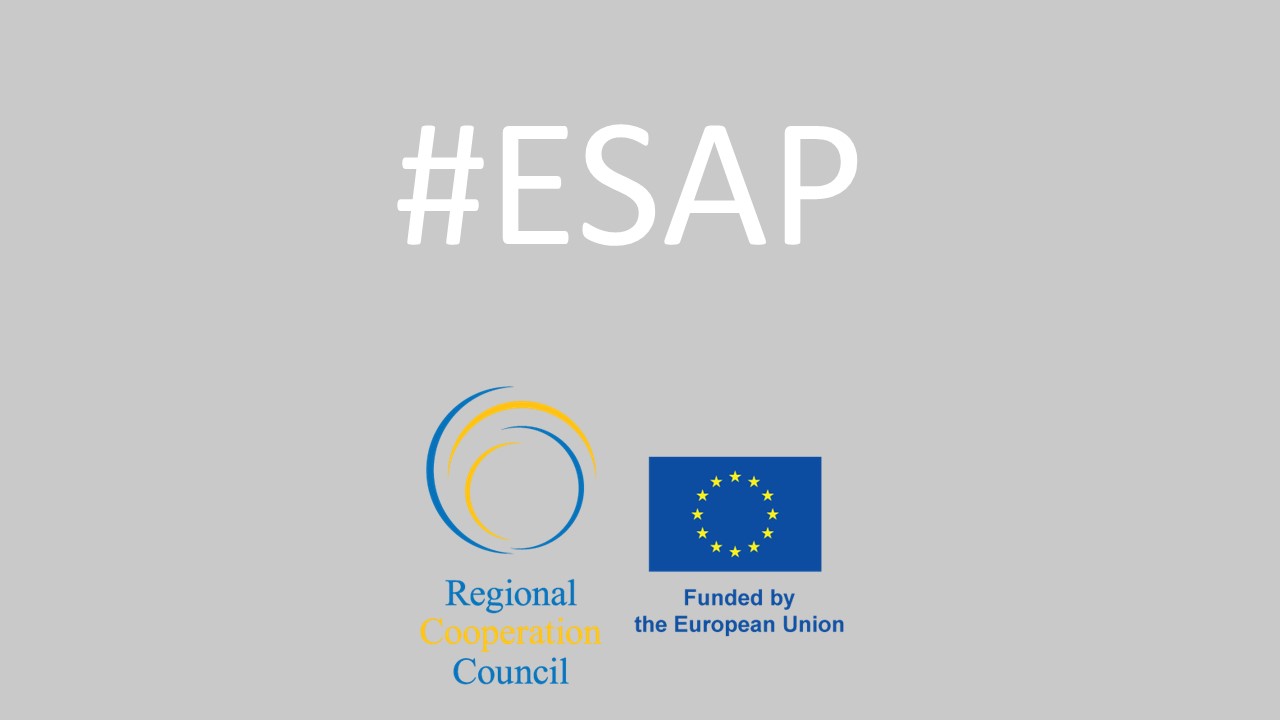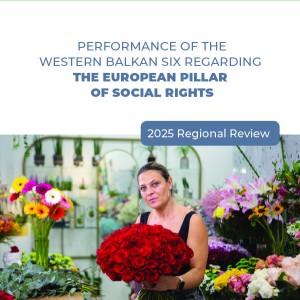Publications

01 October 2018 | REPORT
Development of a paper on problems of employment in the active processing regime in Albania, through the lens of employees and employers, September – October 2018
Upon the request of the Albanian Public Employment Service, RCC, through the ESAP project, has analysed issues of employment in the active processing regime in Albania, from the employees’ and employers’ perspective. Active processing regime remains fundamental in terms of employment, its substantial contribution to exports and the crucial role in spurring cooperation between Albanian and foreign businesses.
Albanian Public Employment Offices administrative data display that during January-May, 2018 this sector posted 6,916 vacancies. The same source confirms that only 36 percent of this demand was met. This signals a high demand-supply imbalance which is related not only with the lack of employees’ skills but with working conditions as well. Employees in the sector admit to face inadequate working conditions and low wages which in most of cases do not exceed the legal minimum level. Another concern in this sector remains the proportion of women in the informal labour market who work without adequate labour and social protection. This was also highlighted in the 2018 European Commission report for Albania. To this end, the registered jobseekers into the public employment offices either refuse to work in businesses of this sector or commence to work and shortly after choose to leave their job. In this context, the analysis provided a thorough overview of concerns of employees in (prevalence of undeclared work, determination of salary, working hours, occupational health and safety and verbal abuse) and of employers (lack of specialized workforce, transport and electricity problems and lack of sectorial incentives). Further, a number of possible policy proposals were brought forth, which include improving the curriculum in vocational training courses, establishing agreements with existing public transport lines to facilitate the transport of workers to certain areas, designing local incentive packages, improving physical conditions and increasing safety at the workplace.
Download: EN





